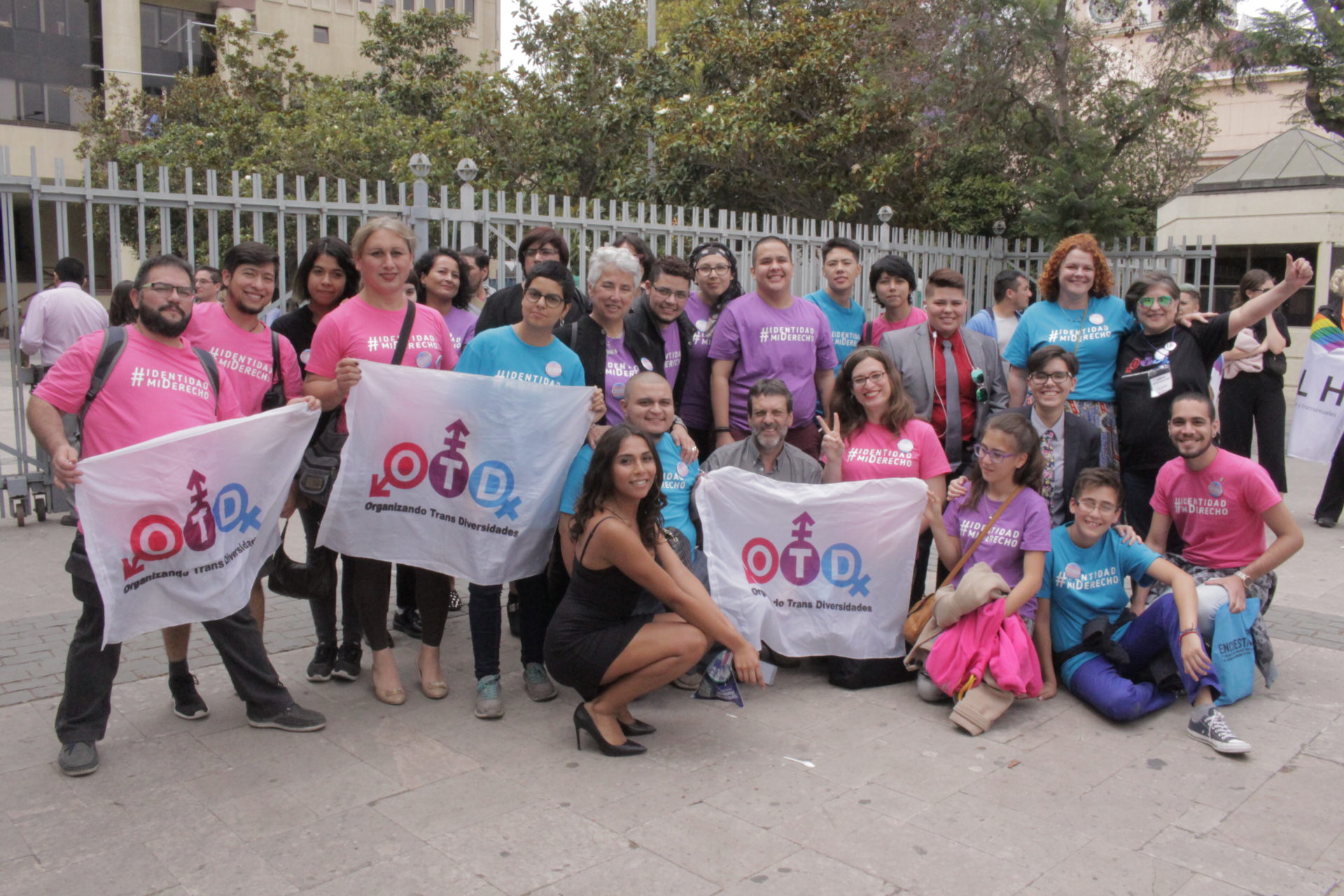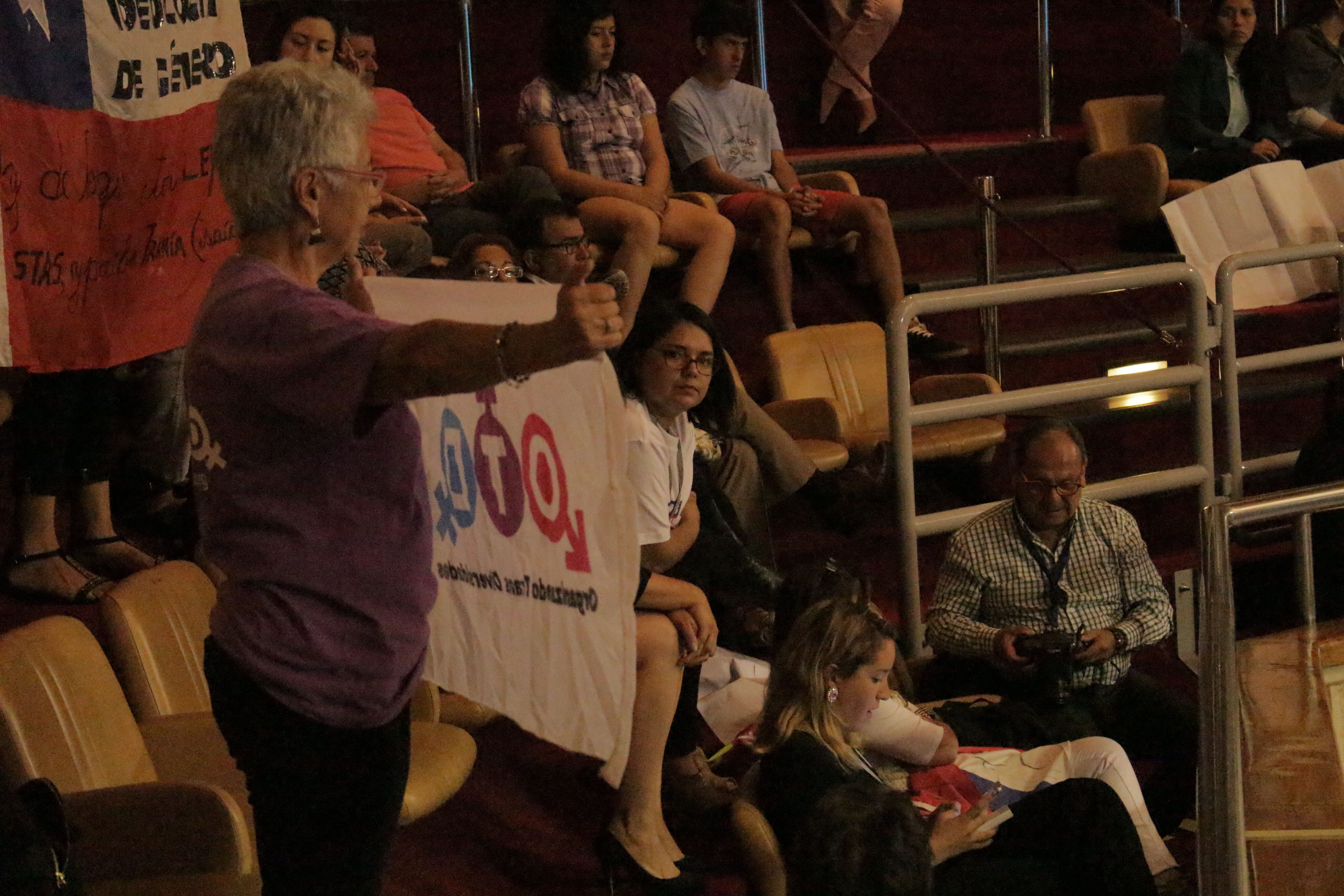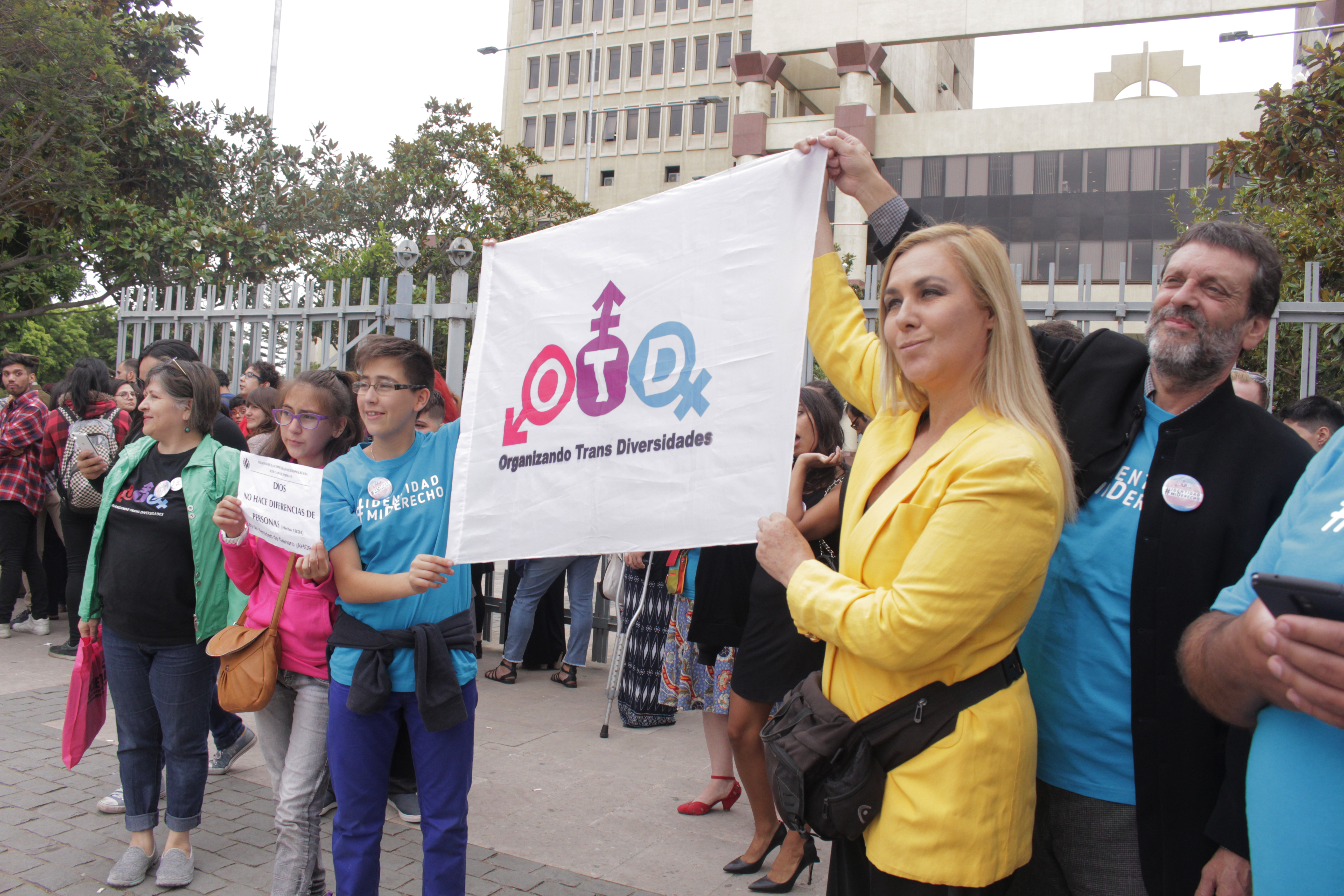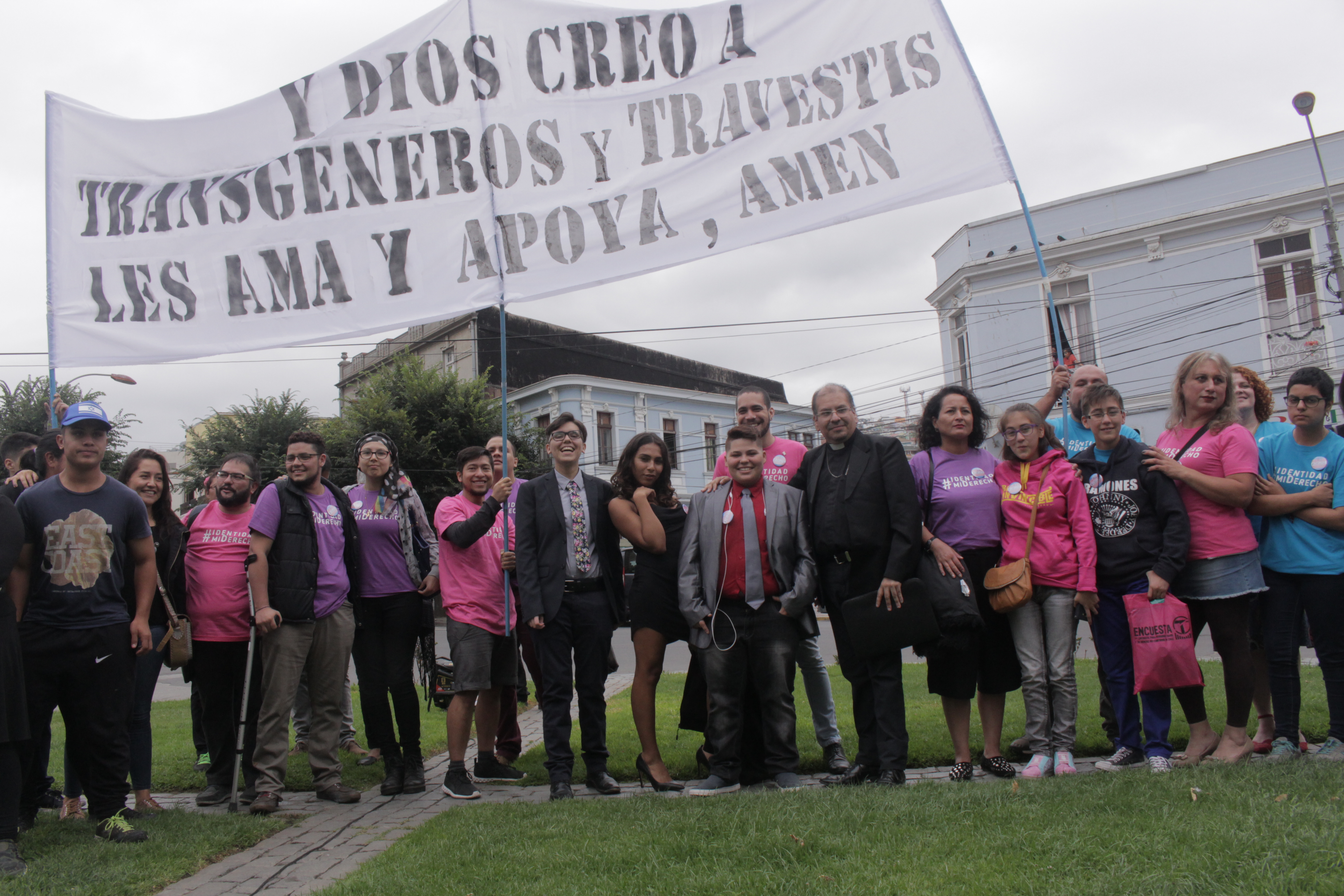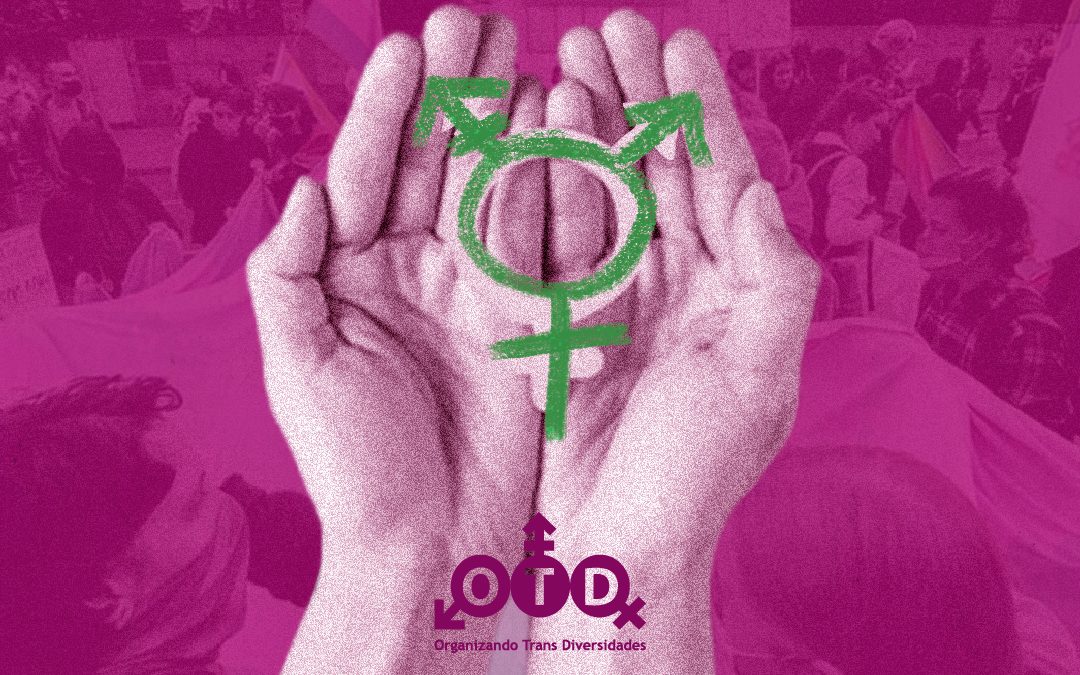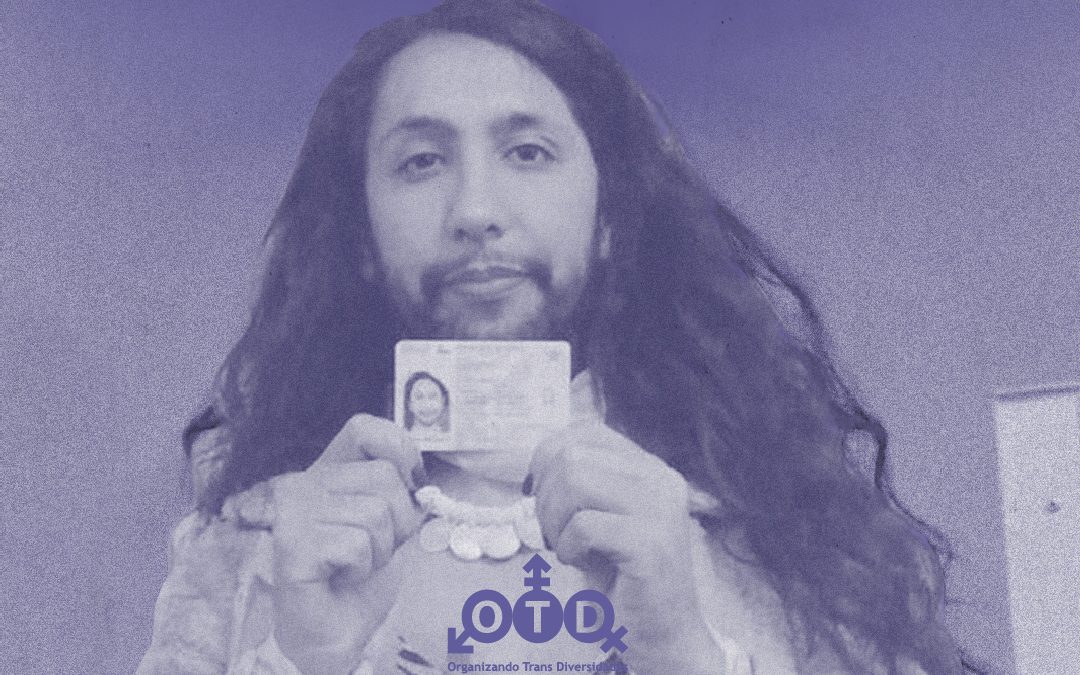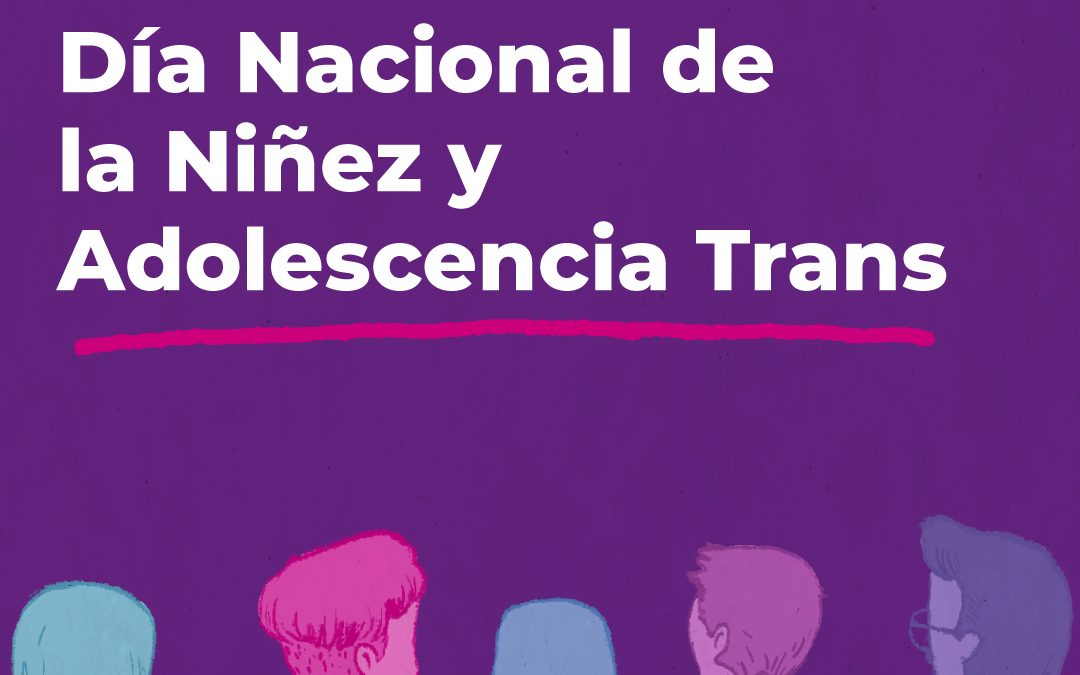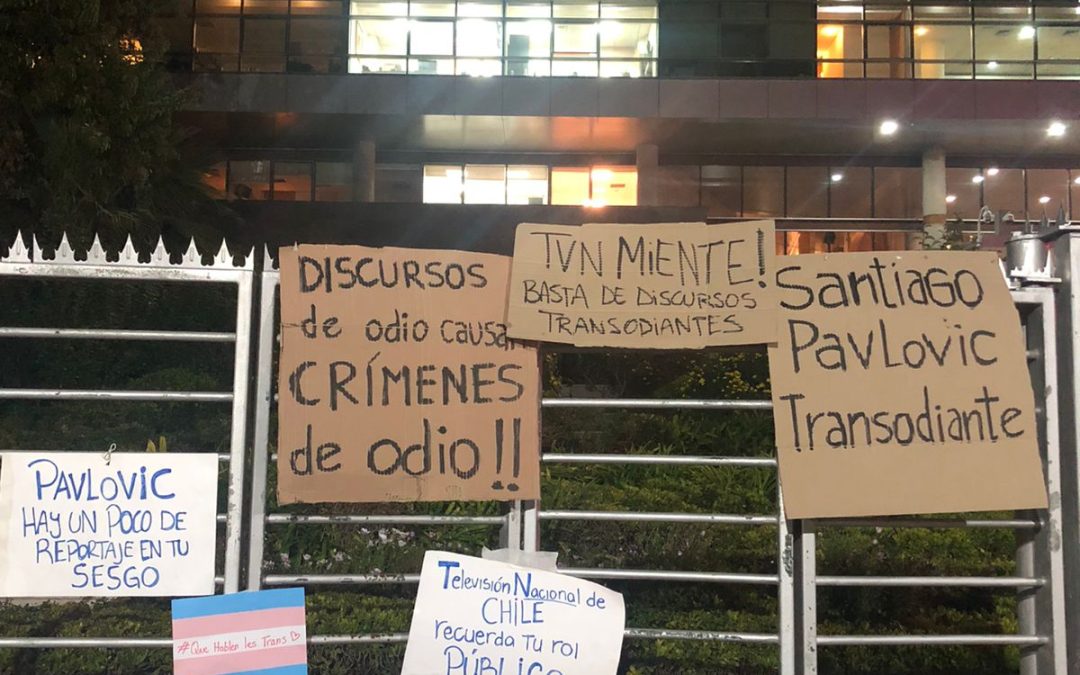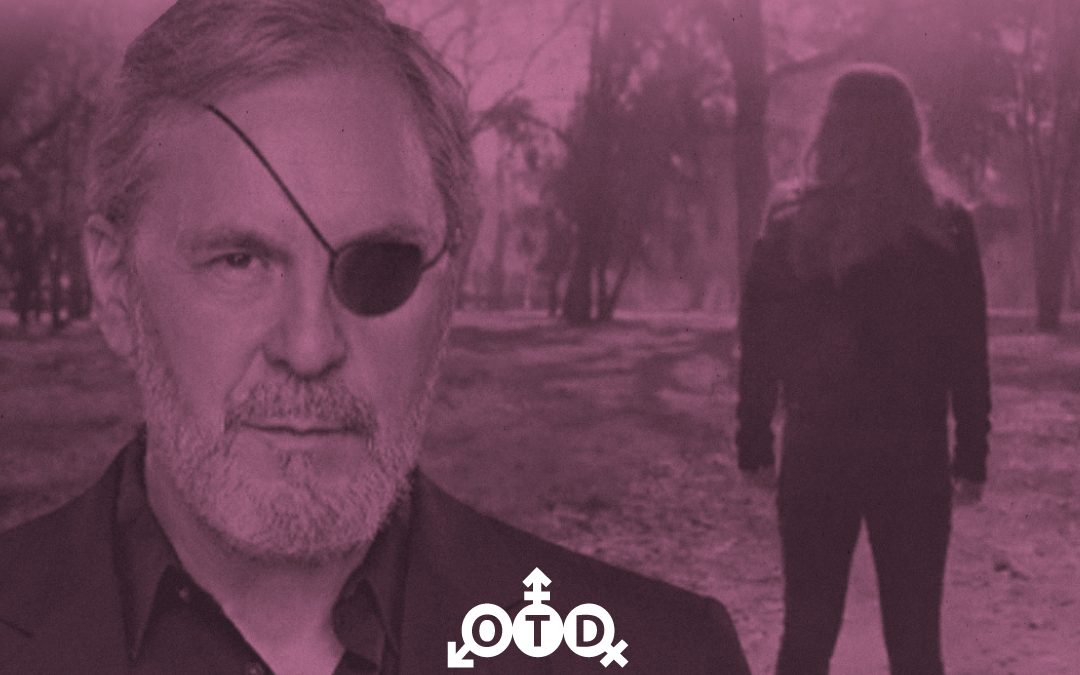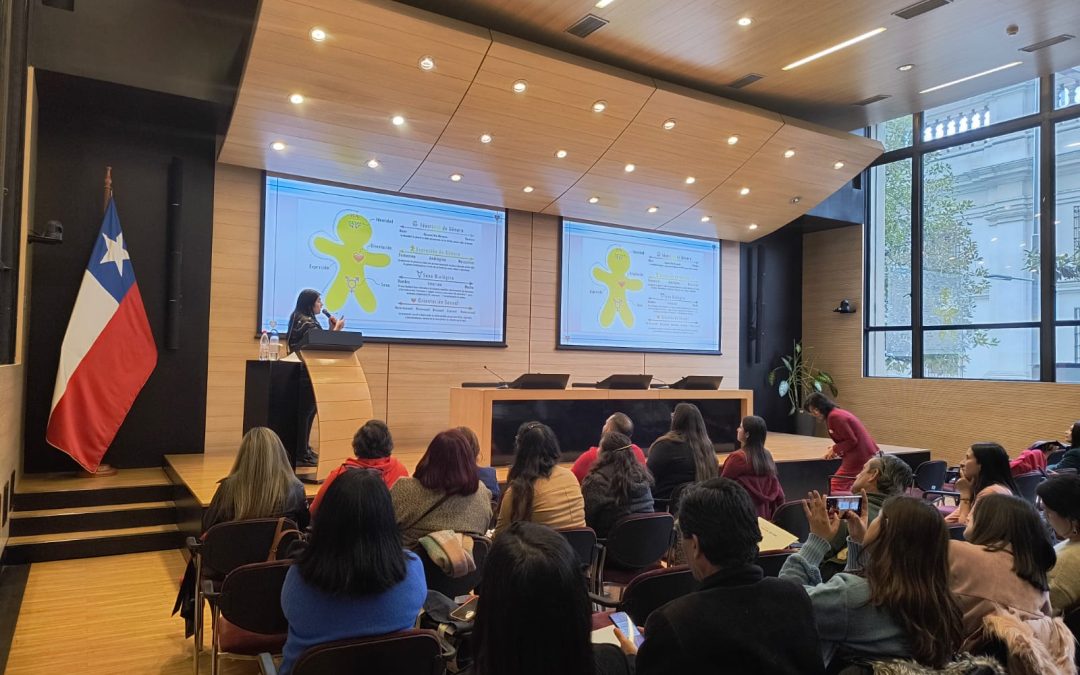Ayer el pleno de la Cámara de Diputados votó en general y en particular el proyecto de Ley de Identidad de Género para finalizar con su segundo trámite constitucional. La discusión comenzó a las 10.30 de la mañana dando paso primero a las intervenciones de diputades a favor y en contra del proyecto.
El proyecto inicialmente se votó a favor, salvo las normas que requieran un quórum especial, por 62 votos a favor y 38 en contra. En el caso de los artículos de naturaleza orgánica constitucional, que eran los que permitan que niñes, adolescentes y personas casadas pudieran realizar la rectificación ante algún tribunal de familia se rechazó por 62 votos a favor y 37 en contra, faltando sólo 5 votos para haber sido aprobados. Lo anterior se traduce en que elles no podrán realizar el cambio de nombre y sexo registral. Por otro lado, con la misma cantidad de votos, se aprobó la reserva del procedimiento de cambio para les adultes.
En la votación en particular se aprobaron los artículos 1°, 2° y 2° bis, que regulan el derecho a la identidad de género, las garantías que se derivan de este derecho y los principios rectores que lo guían, respectivamente. Asimismo se aprobó la reincorporación del artículo 3° que regulaba el derecho a acceder a tratamientos hormonales e intervenciones quirúrgicas bastando sólo el consentimiento informado. El proyecto también incluye el término expresión de género y queda prohibida expresamente la discriminación por identidad y expresión de género.
El proyecto ahora fue despachado al Senado y será analizado por este, pudiéndose establecer ante las discrepancias una comisión mixta, conformada por Senadores y Diputados, que deberán proponer soluciones a las diferencias que surjan.
El vicepresidente de OTD Chile, Franco Fuica, indicó que este es un gran paso para la comunidad trans. “Con esta Ley se establece una normativa para reconocer y valorar nuestras vivencias como válidas y reales por parte de un Estado que hoy se hace más respetuoso y más amplio donde más personas cabemos”.
Mientras que la asesora jurídica de OTD Chile, Constanza Valdés, manifestó que “fue una votación que me deja una sensación bastante extraña. Por un lado se aprobaron normas claves sobre el derecho a la identidad de género, principios, la expresión de género y el cambio de nombre y sexo registral no patologizante para mayores de 18 años. Sin embargo, por otro lado se eliminó la inclusión de personas con vínculo matrimonial y niños, niñas y adolescentes. Esto, en la práctica, exigiría a las personas trans casadas divorciarse, y para les menores de 18 años esperar la mayoría de edad o utilizar la ley 17.344 sobre cambio de nombre. Creo que no es una victoria para toda la comunidad trans”.
La sesión no estuvo exenta de problemas, especialmente por la odiosidad y transfobia de grupos evangélicos tanto dentro como fuera del hemiciclo, quienes terminaron siendo desalojados por las constantes y violentas interrupciones.
Por parte de OTD Chile asistieron voluntaries y activistas que celebraron la iniciativa que será el primer gran paso del Estado de Chile para reconocer la identidad de las personas trans y garantizar el ejercicio de sus derechos.
Fotografías: Fernando Bravo.
Chilean Chamber of Deputies Advances Gender Identity Bill
Yesterday the plenary session of the Chamber of Deputies voted to pass the proposed Gender Identity Law, which will now move on to the Senate. The debate began at 10:30 in the morning, with speeches from deputies on both sides of the aisle.
The project was initially approved in its entirely, except for specific clauses that required a special quorum, by a margin of 62 votes in favor and 38 against. Constitutional articles, including those that would have allowed children, adolescents and married persons to change their legal name and sex before a family court judge, were rejected by a margin of 62 votes in favor and 37 against, with only 5 deputees abstaining. This means that the abovementioned parties will not be able to change their legal names and sex. Nonetheless, the same margin of votes approved an administrative procedure for unmarried adults.
When the deputies voted article-by-article, articles 1, 2, and 2b were approved, which regulate the right to gender identity, the legal guarantees that stem from this right, and the principles that undergird this right, respectively. Likewise, the reincorporation of article 3 was approved, which regulates the right to access hormonal treatments and surgical interventions with only informed consent. The project also includes the term “gender expression,” and expressly prohibits discrimination based on gender identity and expression.
The project has now been sent to the Senate, and will be analyzed by the Senate. A mixed commission, made up of Senators and Deputies, may be established to propose solutions to any discrepancies that may arise.
Vice-president of OTD Chile, Franco Fuica, indicated that this is a large step for the trans community. “This law establishes a regulation to recognize and value our experiences as valid and real, by a state that today has moved one step closer to becoming a more respectful place, with room for all people.”
Legal advisor of OTD Chile, Constanza Valdés, said, “It was a vote that left me feeling quite strange. On the one hand, key norms were approved for the right to gender identity, gender expression, legal name change, and non-pathologizing administrative procedures for people over 18 years of age. However, on the other hand, the inclusion of people with marital ties, and children and adolescents was eliminated. This, in practice, would require married trans persons to divorce, and those under 18 years of age to wait until adulthood, or to use the existing Law 17.344 in order to change their names. It’s not a victory for the entire trans community”.
The session was not without problems, especially because of the hatred and transphobia of evangelical groups both inside and outside the chamber, who were eventually forcefully removed from the Chamber due to their constant and violent interruptions.
Volunteers and activists from OTD Chile attended the session, which will be the first major step on the part of the Chilean state to recognize the identity of trans people and guarantee them their rights.
Photographs: Fernando Bravo.
Translation: Baird Campbell
